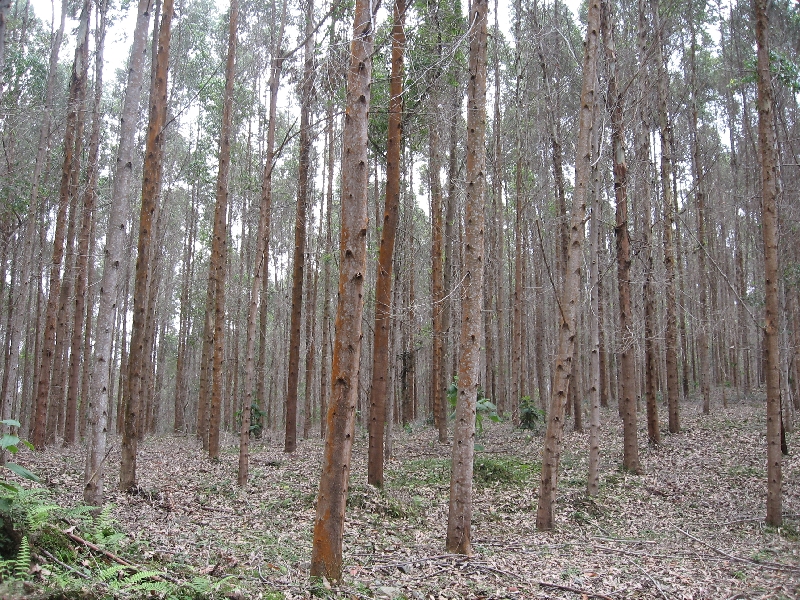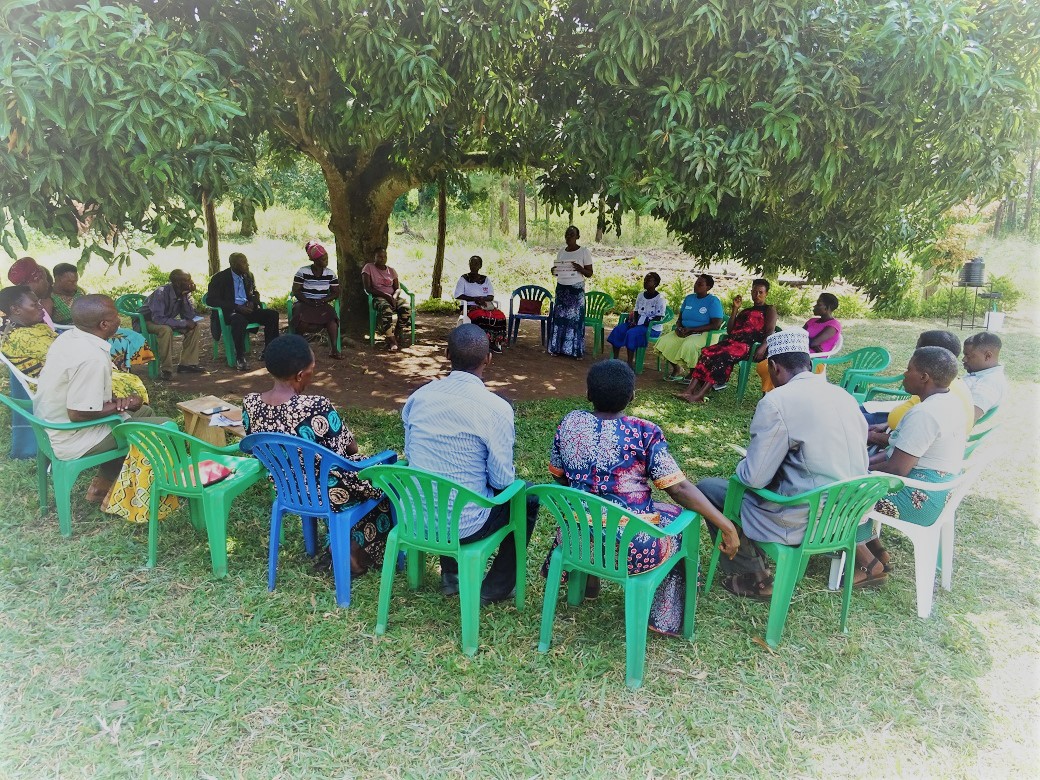Analyzing the Impacts
 How market-based conservation mechanisms impact on community governance
How market-based conservation mechanisms impact on community governance
Carbon sinks
• Case Study: Colombia
• Carbon Sinks – Resources
Certification
• Case study: South Africa
• Resources
Ecotourism
• Case study: India
• Resources
Trade in genetic resources
• Case study: Costa Rica
• Resources
Biodiversity offsets
• Case study: Paraguay
• Resources
Market mechanisms are currently in vogue and governments are striving to use them to resolve environmental crises in many different ways. But few analyses seem to have been conducted concerning both the direct and indirect social impacts, especially with respect to whether market-based approaches strengthen or undermine community governance over biodiversity.
This is remarkable, as community-based forest management, community-conserved areas and the recognition of Indigenous territories are widely seen as very successful conservation strategies. The Global Forest Coalition, a worldwide coalition of NGOs and Indigenous Peoples’ Organizations, has asked its national member organizations to analyze how market-based approaches actually play out on the ground.
The resulting case studies demonstrate a disillusioning reality. Even though some of the countries selected have strong laws intended to promote community governance over forests and other ecosystems, such as India and South Africa, the researchers found that it seems to be impossible to avoid the erosion of community governance over biodiversity when market-based conservation initiatives, like forest certification and ecotourism, are implemented.
Put simply, the local communities and their councils are not strong enough to defend their community’s interests against the powerful corporate interests driving market-based projects on their lands. In countries plagued by bad governance, as Paraguay was at the time of the study, the impacts were even more devastating. In fact, it was concluded that the biodiversity offset market in Paraguay, established through its new Payment for Environmental Services (PES) scheme, could be seen as both a product of and a tool for furthering the interests of corporations and large landholders.
Our case studies addressed the following five market mechanisms:
- In Colombia, a country whose government has promoted the inclusion of forests in international carbon trading, the impact of reforestation and afforestation projects on participating local communities and their sovereignty over biodiversity was assessed.
- Costa Rica is home to the famous INBio project, which sells genetic resources and traditional knowledge to pharmaceutical companies. COECO-Ceiba/Amigos de la
- Tierra-Costa Rica considers the impacts that the uncomfortably close relationship between INBio and the Costa Rican government has on biodiversity and the impacts that bioprospecting has on local communities and Indigenous Peoples in the country.
- In India, where the government is actively promoting ecotourism as a market-based conservation mechanism, the impacts of this policy and specific ecotourism operations on community governance and the poorest sectors of society are analyzed.
- In Paraguay, where a number of conservation organizations have been actively promoting market-based mechanisms for several years, the case study focuses on conservation easements and tradable development rights. It looks at the impacts that Paraguay’s PES scheme, which uses biodiversity offsets, has had on Indigenous Peoples, local communities and women.
- South Africa has more than 80% of an estimated 1,400,000 ha of its legal timber plantations certified by the Forest Stewardship Council (FSC). There is strong evidence that the effects of these certified plantations have been negative on almost every score at the community level, even though it is the communities that own the land (meaning that they are in a stronger negotiating position than communities in some other countries). This case study considers the impacts of Hans Merensky Holdings and its subsidiary, Singisi Forest Products, on local communities that are supposed to be benefiting from the presence of these companies.










